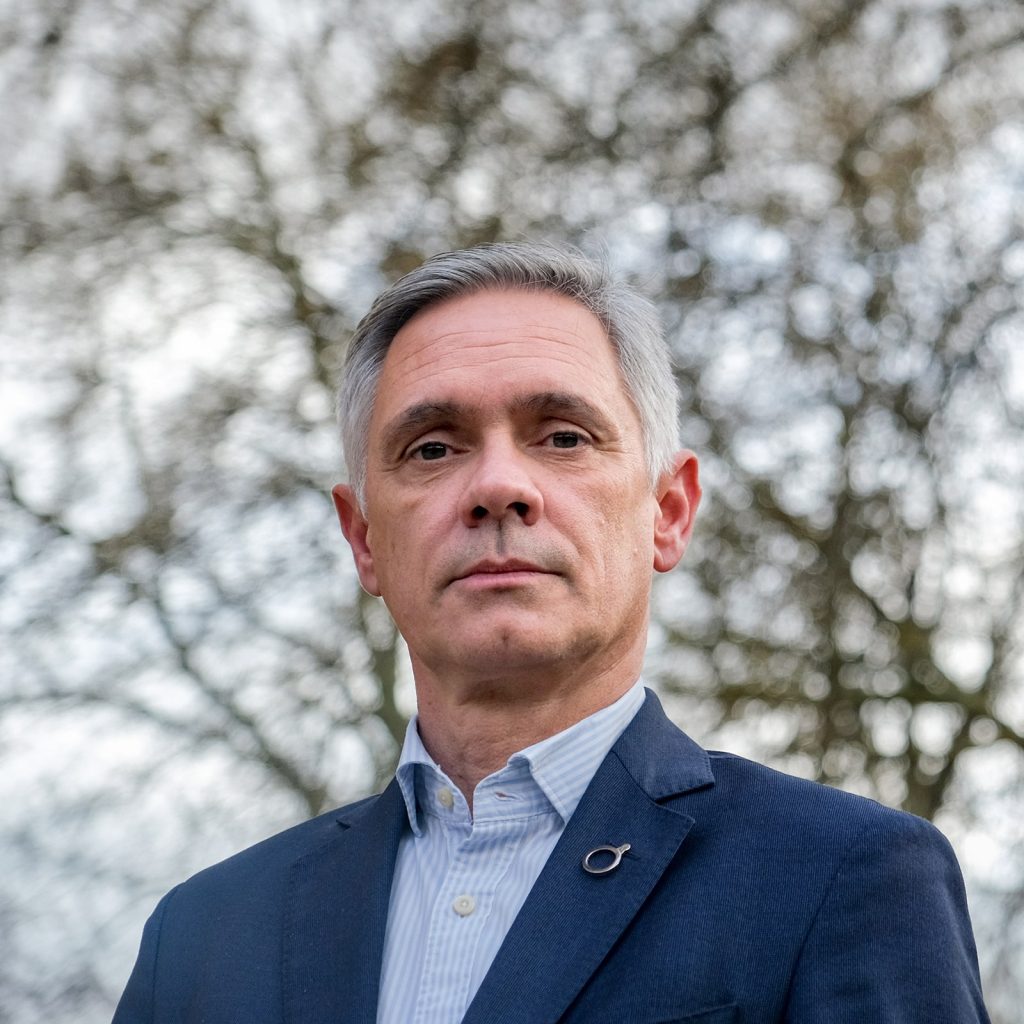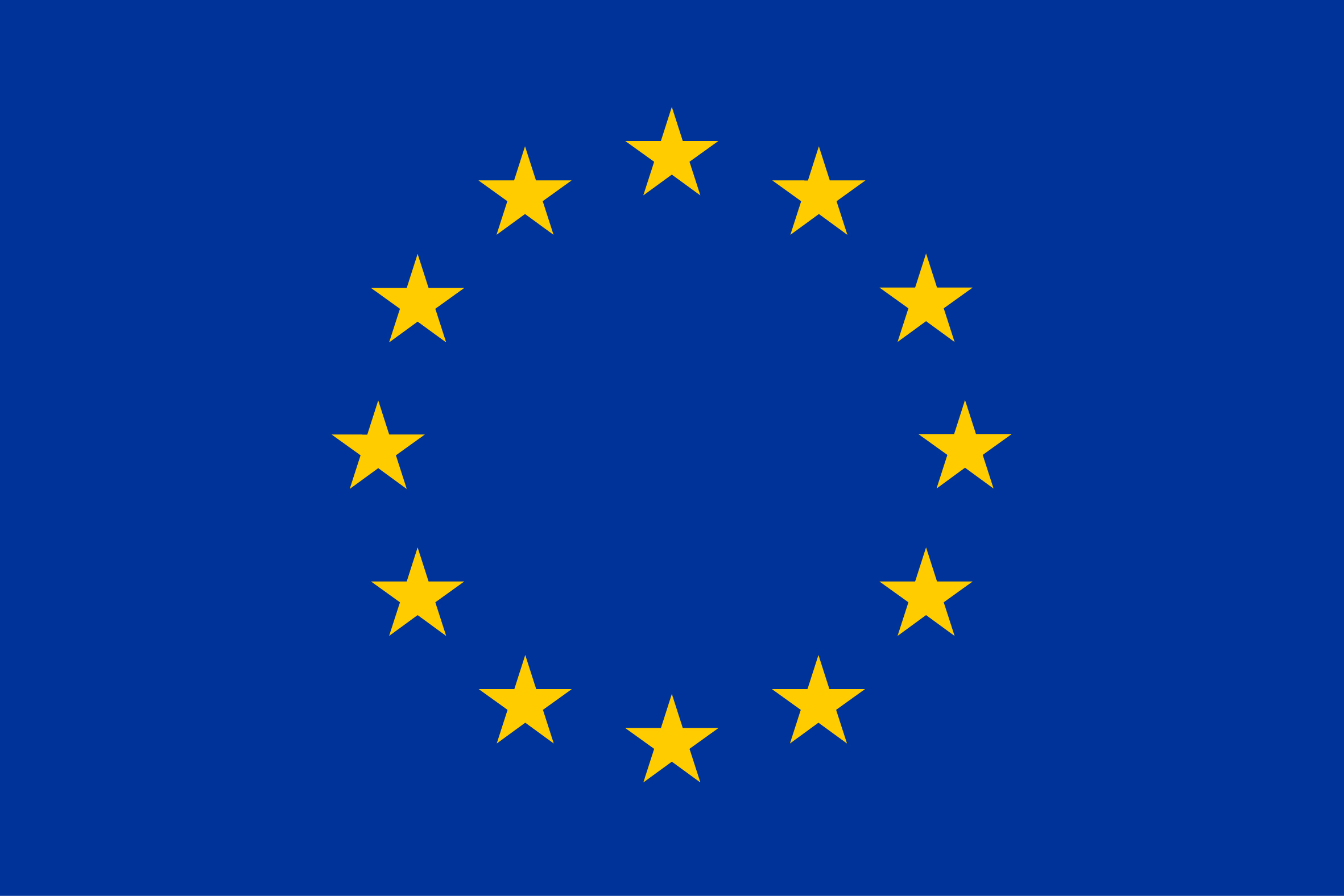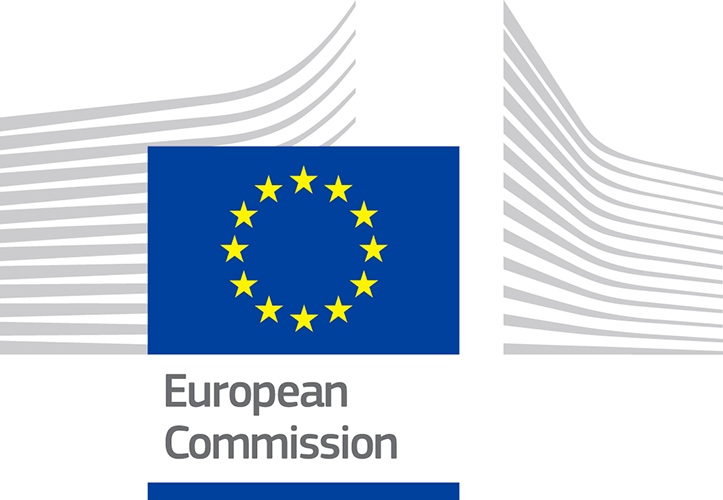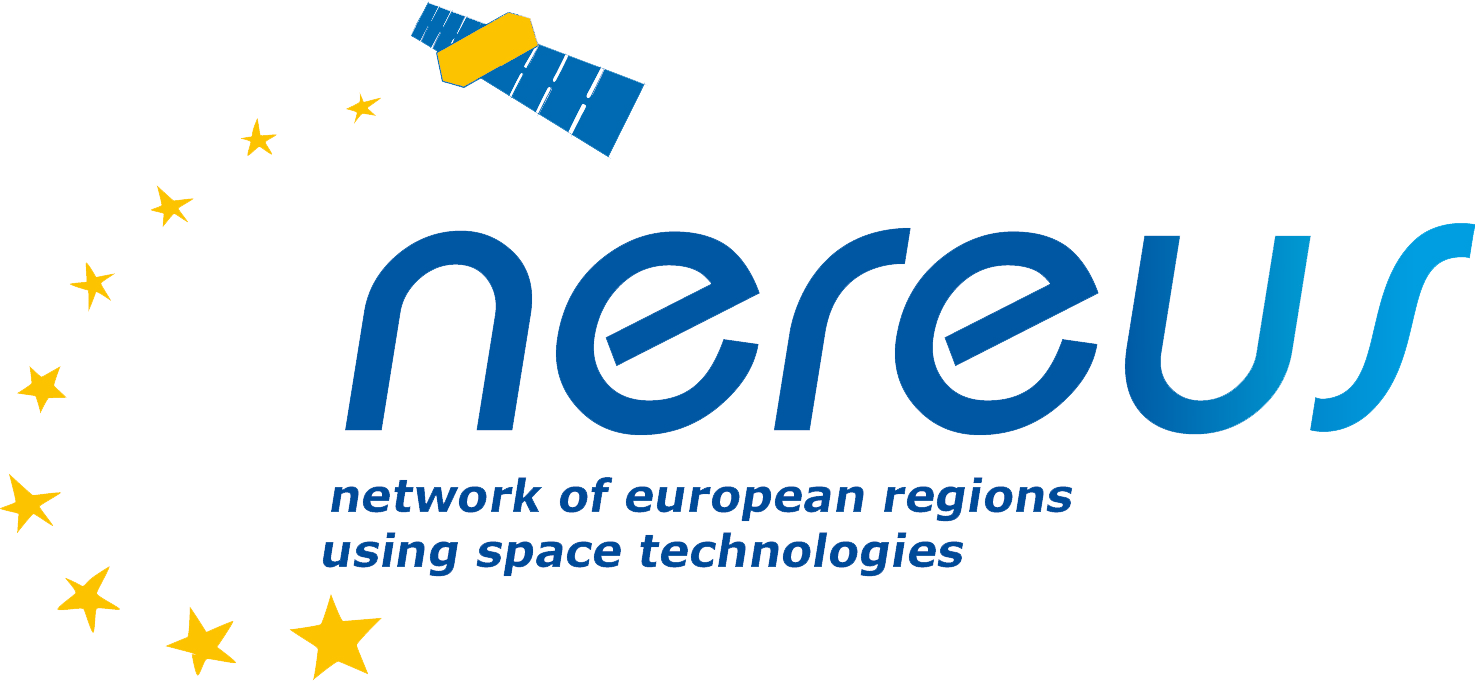
Ricardo Conde, President
Interview
My name is Ricardo Conde, I am head of the Portuguese Space Agency, an organisation recently created to implement the country’s national Space strategy. The Agency coordinates with other international organisations and adheres to the UN sustainable development goals. Like other agencies, we have also undertaken an individual initiative to address issues of sustainability in Space and sustainability on Earth. The approach is important because to understand the dynamics of climate change and its relation to the ocean and the Earth’s atmosphere, satellites are essential. But to put new satellites in orbit around the Earth we need to be sure that outer space is sustainable. There is currently a huge problem of Space debris that needs to be addressed while creating a more sustainable environment for satellite deployment so that it might best benefit society.
In terms of how Space can contribute to the sustainable development goals, we focus very much on territorial management and coastal erosion; these are the main issues that we are facing right now. In Europe, for example, more than 70% of people live in coastal areas. As sea levels rise, this will become an increasing problem for us. One of the tools we have available is constant monitoring of land and coastal areas by satellite.
Territorial management combining agriculture, water management and mobility in sustainable cities is also a huge issue. When we need cutting-edge technology to address complex problems, Space-based technologies provide the solutions for understanding the big dynamics.
The trend for “New Space” entails the involvement of a new private sector operating in Space, offering new services for Internet providers to connect people worldwide, even in the remotest regions. The benefits will be huge but we must be wary of pollution-creating mega-constellations that will impact Space exploration. Europe has initiatives to manage Spacecraft and human space exploration and we are working on new ways to combine New Space and sustainability in Space to better understand the dynamics on Earth but also to inspire the next generation.
For the future of Space exploration, we look to the younger generations. We have to inspire them to study and reach beyond what we know. There are new areas opening up: what we call “orbit servicing” and the possibility of Space migration to find new materials. Additive manufacturing is another dimension of orbit servicing. This is one new field of knowledge that the younger generation will hopefully expand to help create a more inclusive society.
Space technologies are constantly making us more interconnected and offer huge benefits. Navigation systems are a good example: every time we order a pizza, if the pizza is delivered to the right place it is because, behind the order and the delivery, there are several Space-based technologies.
When we observe Earth in relation to communications and scientific advances, we create a world of opportunities more focussed on peoples’ needs.





